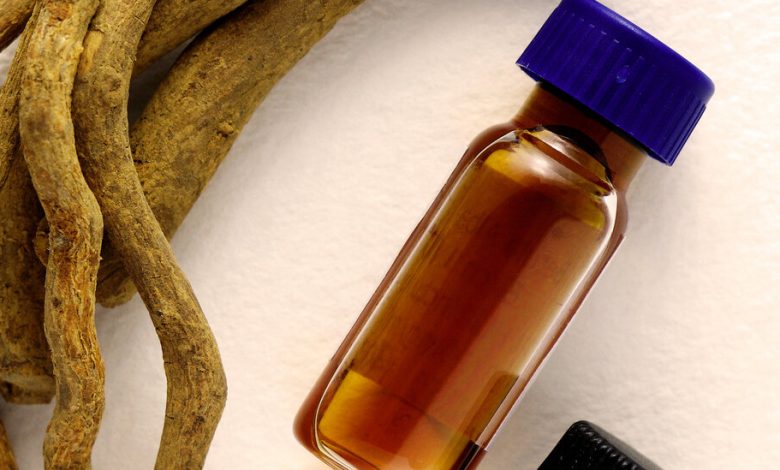What to Know About Ibogaine

What is ibogaine?
A naturally occurring psychoactive compound, ibogaine comes from the iboga tree, a rainforest shrub native to Central Africa. The drug comes from the bark of the root, which is crushed and consumed as a powder or given in an extracted form.
Iboga has long been used for medicinal and ritual purposes in Gabon, Cameroon and the Republic of Congo. After its discovery by French and Belgian explorers in the 19th century, it was sold as a stimulant in France. In recent decades, ibogaine has shown promise for treating opioid addiction, with several small studies suggesting that a third to two-thirds of patients who undergo treatment achieve sobriety after a single session. Some researchers have been studying ibogaine’s potential to treat traumatic brain injuries and PTSD.
How does ibogaine work?
Ibogaine quells the agonizing symptoms of opioid withdrawal and also appears to reduce the desire to use drugs, at least initially. Scientists are still trying to understand how it works against addiction, but many believe ibogaine fosters the creation of new neurons and neuroplasticity, a rewiring of the brain that gives patients fresh perspectives on self-destructive behavior and the unresolved trauma that sustains it.
“Ibogaine seems to be resetting the brain pharmacologically, and at the same time, it’s producing deep psychological insight into the underlying drivers of addiction,” said Dr. Joseph Peter Barsuglia, a clinical and research psychologist who advises ibogaine clinics in Mexico.
Is it legal?
No. In the United States, ibogaine is classified as a Schedule I controlled substance like heroin and other drugs that are deemed as having “no currently accepted medical use and a high potential for abuse,” according to the Drug Enforcement Administration. Americans who want access to ibogaine therapy must travel to countries where it is either legal or unregulated, among them Mexico, Brazil, New Zealand, Canada and South Africa.




